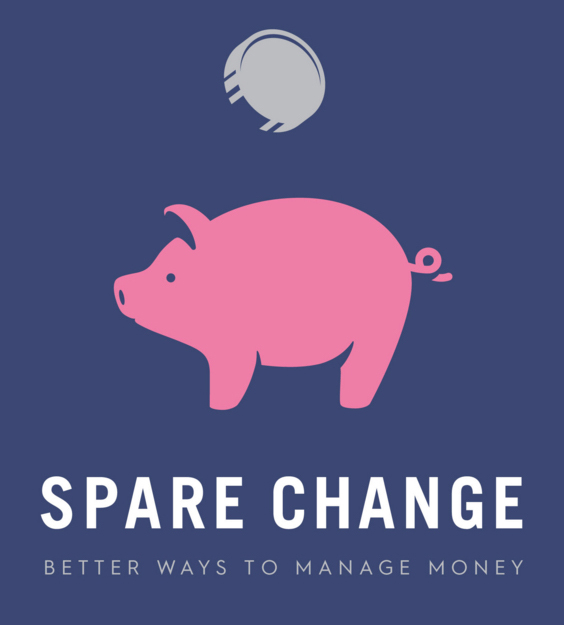Spare Change, Iona Bain (Hardie Grant Books, 2016)
Author of the YoungMoneyBlog, financial blogger Iona Bain has published a book exploring personal financial issues and the challenges faced by young people.
The book includes practical advice and tips looks at the psychology of money and the reasons why people overspend or fail to plan ahead.
A 29-year-old freelance writer, Ms Bain set up the YoungMoneyBlog in 2011, for which she won the Money Blogger of the Year at the Santander Media Awards this year.

“Poor money management doesn’t just lead to debt and hardship; it damages our health, relationships and career,” she says. “But it’s never too late to re-think financial attitudes that hold us back. We can even learn to be happy with money by using it to our advantage – without letting it rule our lives.”
Related: How can credit unions meet young people’s needs?
The book also touches upon longer-term considerations, such as savings, insurance or housing, explaining how people could act on each week or month to improve our long-term prospects. It also surveys the landscape of ethical choices for spending and saving, linking this original book back to its core values.
“We can all incorporate better habits into our daily routine, starting with basics like ‘fridge foraging’ and energy economies before moving on to low-cost ways to enjoy the finer things in life,” adds Ms Bain.

